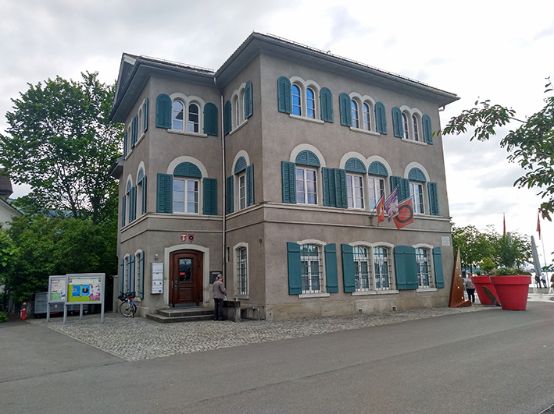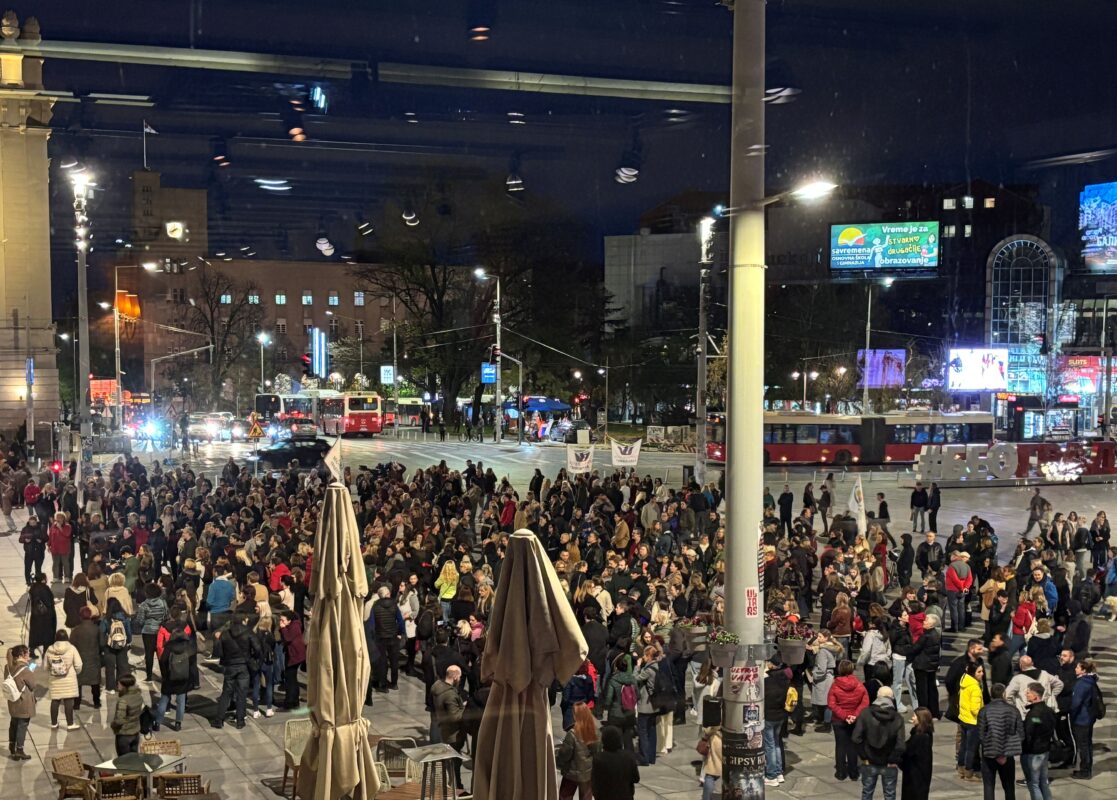Raff as a key figure of the 19th century
After four years, another international symposium was held in Lachen - to celebrate the 200th birthday of the composer who was born there.

The fact that (Joseph) Joachim Raff, the important but long overlooked composer of the Romantic century, had a particularly close relationship with Switzerland has come to the fore in recent weeks. The external occasion for the numerous (premiere) performances of his works is the 200th anniversary of his birth. Raff was born on May 27, 1822 in Lachen (SZ), lived through his youth there, his youthful years in Schwyz and his first professional years as a teacher in Rapperswil. The reason for the awakening interest in his work is the initiatives of the Joachim Raff Society (Lachen)which is celebrating its fiftieth anniversary, and the Raff Research Center, which was officially opened in 2018. Following premieres of operas and oratorios in Switzerland and Weimar, Lachen celebrated its great son from September 15 to 18, 2022 with a chamber music festival and an academic symposium, as the example of this composer is a perfect illustration of how the promotion of compositions must go hand in hand with their academic study. The still young Lachner Raff archive has made a significant contribution to the edition of some works and has already achieved outstanding results in the collection, archiving and provision of documents.
The aim is still to arouse interest in this composer by researching his biography and environment, his aesthetic background and his creative development. To this end, the Raff Archive and Society have invited researchers to Lachen for the second time in four years.
After leaving Switzerland, Raff soon spent time in Weimar in the circle around Franz Liszt, where he also became involved with the Wagner phenomenon early on, which was reflected in his writings and his rapidly growing oeuvre. After working in Wiesbaden and four years as founding director of Dr. Hoch's Conservatory in Frankfurt am Main, he died on June 25, 1882.
Archives instead of classification
The two-day event opened with a panel discussion on the edition of Raff's works, chaired by Hans-Joachim Hinrichsen. The discussion focused on different source situations and problems of detail, which are not always easy to solve, but also on commercial aspects. Subsequently, lectures focused on Raff's relationships with his numerous publishers (Severin Kolb, Dresden/Lachen) and on the significance of his music-writing activities for the propagation of Liszt's personality and work in the public of the time (Ulrike Roesler, Weimar). Raff's multifaceted activities and his connections to the various exponents of German-speaking musical life soon led to the remark that one could not understand the 19th century if one did not know Raff. One was reminded of this again and again. The discussion then turned to individual works: solo songs with orchestral accompaniment (Lena-Lisa Wüstendörfer, Zurich), the relationship between natural topoi and formal progressions in the Landscape Symphonies No. 3 (In the forest) and no. 7 (The Alps) (Stefan Keym, Leipzig) and the recently premiered opera buffa The jealous onesRaff's latest composition (Daniel Tiemeyer, Heidelberg). On the second day, a presentation on the relationship between early Wagner conductors and Raff via Hans von Bülow (Franziska Gallusser, Lucerne) and a biography of Raff's wife, the singer and actress Doris Raff-Genast (Heinrich Aerni, Zurich), focused more on the wider context.
As the once celebrated and frequently performed composer Raff fell into oblivion after the First World War, the question of how he was perceived in the context of the centenary of his birth (1922) was of particular interest in view of this year's anniversary (Simon Kannenberg, Detmold). An introduction to Frankfurt's music history, explanations of the founding of the Hoch Conservatory and an insight into Raff's not conflict-free tenure at this institute (Ulrike Kienzle, Frankfurt) led back into Raff's immediate environment. While Raff's Swiss years had hitherto been largely shrouded in darkness, Basil Vollenweider (Rapperswil) was able to contribute some surprising details about Raff's friend and family connections from his school days in Schwyz and his years as a primary school teacher in Rapperswil thanks to spectacular discoveries of sources, and reconcile these with later statements from Raff's own pen.
In summary, it can be said that the tracking down of such archival material and the processing of entire correspondences are of course welcome. However, as works by the composer are being heard more and more frequently, it is to be hoped that Raff research will soon be able to focus on their individuality, significance and differentiated classification in music history.








